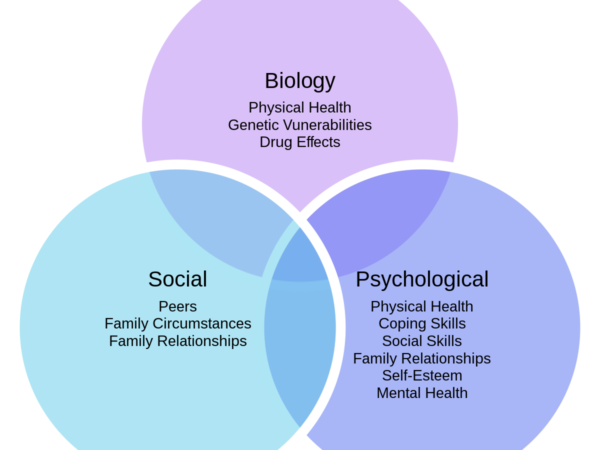Imagine waking up every day with a constant ache or sharp pain. Daily routine becomes challenging, and simple tasks like dressing or cooking meals can feel overwhelming. Pain can be isolating, and it is not uncommon for individuals to feel alone in their struggles.
However, through a pain management specialist Clark, you can eliminate the feeling of isolation associated with pain through a social support group. Social support can give pain patients a sense of belonging and emotional comfort. This article will explore the five ways social support can impact pain management.
Emotional Support
Emotional support is a critical aspect of pain management, particularly for individuals dealing with chronic pain. Chronic pain can be emotionally draining, and those who suffer from it experience feelings of isolation, helplessness, and despair. Social support can provide a crucial source of emotional comfort and a sense of connection with others.
Your family and friends can be vital in providing emotional support when you are in pain. A simple gesture like a phone call, a visit, or a listening ear can make all the difference in how you deal with your pain. Emotional support from loved ones can help alleviate feelings of loneliness and isolation, providing a sense of belonging that can be incredibly therapeutic.
Distraction
Distraction is another way that social support can impact pain management. Engaging in social activities with friends or family can help individuals in pain take their minds off their discomfort and focus on something enjoyable or stimulating. This diversion can reduce pain perception and improve your overall well-being.
Distraction techniques can come in many forms. For example, going to a movie, walking in nature, or attending a social gathering with friends temporarily distract from the pain. Engaging in activities that require focus or concentration, such as playing a game, reading a book, or doing a puzzle, can also effectively distract the mind from the pain.
Encouragement
Encouragement is an excellent way that social support can impact pain management. For individuals in pain, receiving support and encouragement from family, friends, or healthcare providers can be a powerful motivator. This motivation can encourage you to pursue treatment options or make lifestyle changes that can help manage your pain.
Encouragement can take many forms, such as words of encouragement, praise, or validation. Feeling supported may make you more likely to manage your pain actively, leading to better treatment outcomes. Therefore, consider a social support group to maintain a positive attitude when in pain.
Practical Assistance
If you are in pain, social support can provide practical assistance with daily activities that may be difficult or impossible to complete due to mobility issues. Practical assistance can include household chores, meal preparation, and transportation to medical appointments.
Practical assistance from social support networks can alleviate some of the burdens of daily tasks and provide a sense of independence and normalcy. For example, having someone run errands or prepare meals can allow you to focus on self-care or rest, which can be essential for pain management.
Sharing Information
In addition to practical assistance, social support can provide access to resources and information that can aid pain management. For example, a support group for individuals with chronic pain may offer information on treatment options or coping strategies you may have yet to be aware of.
This acquired information can alleviate your symptoms and improve your overall health. A social support group can also provide resources such as online forums and educational materials to help you better manage your condition. Your friends and family members can also share information on these resources and help you connect with the support you need.
The impact of social support on pain management cannot be overstated. As human beings, we are social creatures, and our interactions with others can profoundly impact our physical and emotional well-being. Through social support, you do not have to suffer in silence while navigating the pain challenges.
Remember, social support is not a one-size-fits-all approach to pain management, and it may look different for different individuals. Therefore, choose a social support system that favors your needs. Also, while social support is important, remember it is not a substitute for pain medical treatments.




